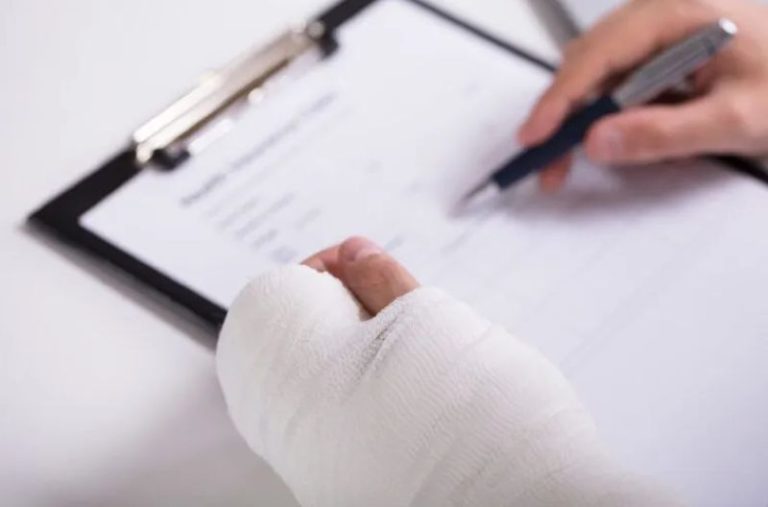

Owning a firearm is a major responsibility. It’s not just about knowing how to use your weapon but understanding the legal boundaries that come with it. The ability to protect yourself or others is a right many Americans value, but exercising that right must be done within the framework of the law. Pennsylvania has specific self-defense laws, and knowing them is critical for gun owners. Whether it’s about defending your home, standing your ground in public, or understanding reciprocity agreements when carrying across state lines, being informed ensures you act responsibly and legally.
Self-Defense Laws: What They Cover
The Basics of Self-Defense
In Pennsylvania, self-defense laws allow you to use force to protect yourself, but there are clear rules about when and how it can be applied. The law permits using force if you believe you’re in immediate danger of harm. However, your response must be proportional to the threat. Deadly force, for example, is only justifiable in extreme cases, such as preventing serious bodily injury, sexual assault, or death.
The law also protects you if you’re acting to prevent certain crimes. However, your actions will likely be reviewed to determine whether they were reasonable and necessary in the circumstances.
Concealed Carry and Reciprocity
If you carry a concealed firearm, understanding how concealed carry laws intersect with self-defense is critical. Pennsylvania requires a License to Carry Firearms (LCF) for concealed carry. If you travel outside the state, reciprocity agreements ensure your Pennsylvania concealed carry license is recognized in certain other states.
Pennsylvania concealed carry reciprocity can give you peace of mind while traveling, but you need to know the rules of the state you’re visiting. Laws differ significantly, and carrying legally in Pennsylvania doesn’t mean you’re automatically compliant elsewhere. Always double-check the laws of your destination to avoid legal issues.
The Castle Doctrine: Defending Your Home
What Is the Castle Doctrine?
The Castle Doctrine gives individuals the right to protect themselves and others in their homes, vehicles, or workplaces. The idea is that these spaces are your “castle,” and you have the right to defend them. In Pennsylvania, this doctrine is recognized, providing strong legal protections for homeowners and occupants.
If someone unlawfully enters your home, Pennsylvania law generally presumes that you have a reasonable fear of harm. This presumption makes it easier to justify the use of force in self-defense.
Limitations of the Castle Doctrine
While the Castle Doctrine offers protections, it doesn’t apply in all situations. For example, if the person entering your home has a legal right to be there, such as a roommate or landlord, the doctrine doesn’t apply. Similarly, if the threat is not immediate or serious, your use of force could be deemed excessive and lead to legal consequences.
Stand Your Ground Laws: Protecting Yourself in Public
How Stand Your Ground Differs from Duty to Retreat
Pennsylvania’s Stand Your Ground law allows individuals to use force, including deadly force, in public if they face an immediate and serious threat. Unlike states with a duty to retreat, Pennsylvania doesn’t require you to attempt to escape the situation before defending yourself. However, you must be in a place where you’re legally allowed to be.
This law is especially relevant in public settings where retreating may not always be possible or safe. For example, if someone threatens you with a deadly weapon in a parking lot, you’re not obligated to run away before defending yourself.
Legal and Practical Considerations
While Stand Your Ground laws provide legal protections, they don’t give you a free pass to use force in every situation. Your actions must be reasonable, and the threat must be imminent. If there’s any doubt about whether force is necessary, it’s better to err on the side of caution.
The Legal Process After Using Force
What to Expect If You Use Force
Using force, even in self-defense, will almost always result in an investigation. Law enforcement will examine the circumstances to determine whether your actions were justified. They’ll look at evidence, statements, and any available surveillance footage to decide whether you acted reasonably under the law.
Steps to Take Immediately After an Incident
If you’ve used force in self-defense, it’s crucial to contact the police immediately. Report the incident clearly and concisely without offering unnecessary details. Avoid discussing the incident further until you’ve consulted with an attorney. This isn’t about hiding anything but ensuring your rights are protected during the investigation.
Potential Legal Outcomes
If authorities determine that your actions were justified, you’re unlikely to face charges. However, if your actions are deemed excessive or unwarranted, you could face criminal charges or civil lawsuits. This is why understanding the law and acting within its boundaries is so important.
Training and Education: Staying Prepared
Why Training Is Essential
Owning a firearm is only part of the equation. Proper training ensures you know how to use your weapon safely and effectively. It also helps you understand the legal aspects of carrying and using a firearm. Without this knowledge, even well-intentioned actions could lead to legal trouble.
Where to Get Training
Look for training programs led by certified instructors. In Pennsylvania, many organizations offer classes that cover both firearm handling and self-defense laws. These courses often include practical exercises, helping you build confidence in real-life scenarios. Some advanced courses may even delve into the effective use of an AR-15 suppressor, if legally owned, for noise reduction during training or permitted activities.
Online resources can also supplement your training, but in-person classes are invaluable for hands-on learning.
The Role of Practice
Once you’ve completed a training course, regular practice is essential. Visit the range to maintain your shooting skills and participate in scenario-based training whenever possible. Knowing how to respond under stress can make all the difference if you ever face a dangerous situation.
Self-defense laws are designed to protect you, but they come with responsibilities. Understanding these laws ensures that your actions are both effective and legally justified. From knowing when force is permissible to navigating the complexities of reciprocity agreements, being informed is key.
With the right training and a clear understanding of the law, you can protect yourself and your loved ones while staying on the right side of the law.


